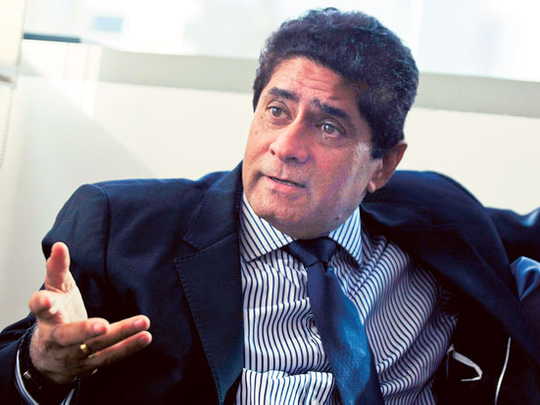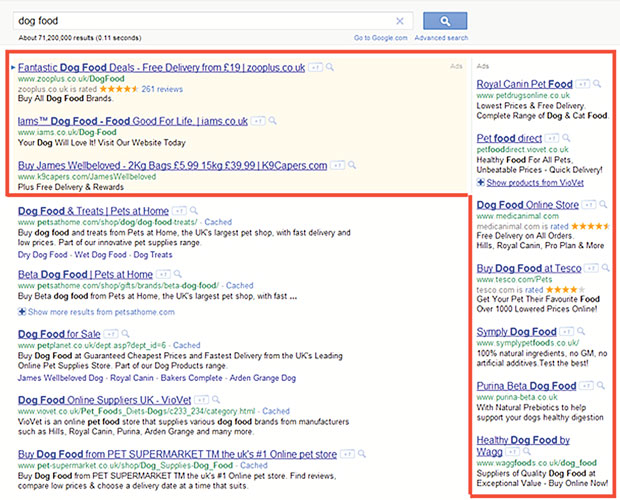
Dubai: By now, traditional advertising and media buying agencies should have started taking notice of the threat posed by tech giants with their sway over the digital and social media domain. And if they haven’t done so, they are in for more than a jolt. Their very survival is at stake.
As Avishesha Bhojani, Group CEO at BPG, says it, ‘Googlisation’ is the rude reality that the advertising industry will have to live with.
“Where tech companies are concerned, they [stocks] are trading at 30x their Ebitda [Earnings before interest, tax, depreciation and amortisation], while media companies trade at 10x-20x and marketing services companies at 6x-9x,” said Bhojani. “So, for each dollar generated by a tech company makes them 100 times more valuable — the advertising industry has to compete with that kind of influence and the risk would be to get marginalised in the process.”
The assault on the traditional advertising sector is turning fast and furious. Digital companies are redrawing the terms of engagement in establishing the connect with target audiences. Not just that, they are going direct to advertisers and telling them how they ought to be interacting with their consumers.
In the UAE and the Gulf, the bigger clients are setting aside anywhere from 10-20 per cent of their overall ad spend for this year on digital exposures. And the size of the allocations are only going to increase as more digital/social media platforms make themselves compatible for video ads and offered at the right rates.
Is there something that generic ad agencies can do to fight back and make sure they have a stake in how those marketing dollars are spent in future?
“A lot of marketing communications groups are talking about the merits of “integrated marketing communication programmes”,” said Bhojani. “Some marketers are also singing this tune.
“Our response has been to bring in significant scale into each of our operating divisions — advertising and activation, media buying, public relations, and digital practices — under one integrated P&L [profit and loss]. The competitive advantage we get from this is the ability to offer integrated solutions for our clients, even in situations where the mandate to us in not integrated.”
Bhojani is not going to stop with that. His plan is to keep roping in fresh talent — armed with the knowledge and the new-age lingua of the digital realms — as soon as they are available in the market.
“We have a graduate training programme — ‘WhatNext’ and last year, we attracted seven graduates from an applicant pool in excess of 600 through a stringent selection process,” said Bhojani. “These ‘WhatNexters’ go through six to eight weeks of intensive classroom training coupled with daily assignments and guest speaker sessions, as well as ongoing training and mentoring sessions.
“We are aggressively seeking multinational talent — particularly from developed countries where the marcom industry has stopped growing and, in some cases, started shrinking.
“Simultaneously. we go and about renewing and refreshing the team that we have. The fight against Googlisation is a war of attrition... not just a few battles.”
Wouldn’t it better if agencies strove for a more equitable relationship with tech majors?
“Sir Martin SORRELL, CEO OF WPP, the world’s largest marketing services group calls Google as a friendlier ‘frenemy’ these days. I guess that somehow sums it,” Bhojani said.












